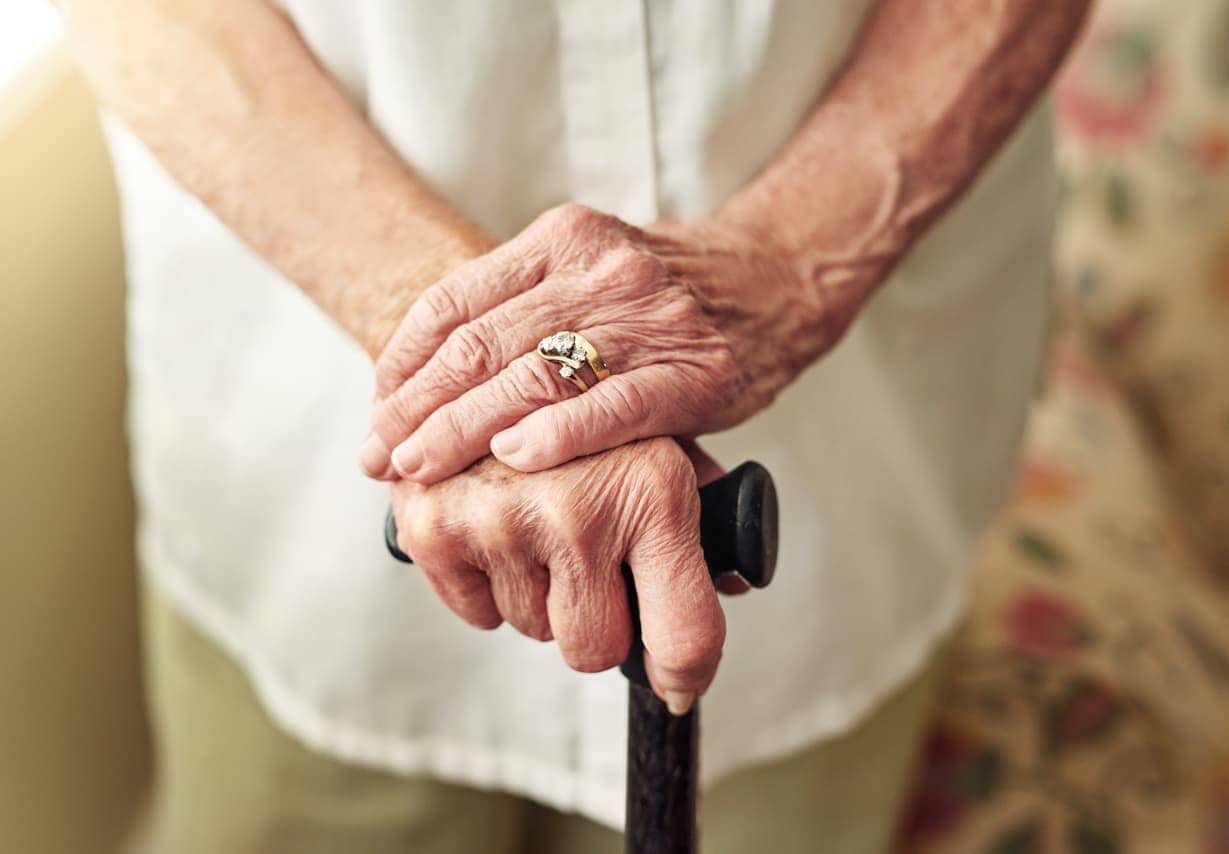
Assisted Living, Skilled Nursing, or Memory Care? 5 Questions to Determine the Right Level of Care
Choosing the right level of care for a loved one can feel overwhelming. Assisted living, skilled nursing, and memory care are all designed to support seniors, but they cater to different needs. How do you know which care type is the best fit? Learn about the differences and key questions to better understand what your loved one needs.
Questions to help determine their care needs:
- Are they safe at home? If balance, fall risks, and ability to respond to an emergency may be a challenge, it could be time to look into assisted living.
- How much support do they need with meal prep, bathing, dressing, eating, moving around, or medication management? Significant assistance with most activities of daily living suggests skilled nursing; help with just a few might indicate assisted living.
- Do they have any complex medical conditions requiring 24/7 nursing care? If yes, your loved one may need skilled nursing or memory care depending on the health condition.
- What are their social and emotional needs? Would your loved one benefit from having more connection opportunities? Senior living communities at all care stages can provide tailored activities and events.
- Are they experiencing memory loss, confusion, or difficulty with decision-making? If these changes are impacting daily life and safety, memory care should be considered. Need help assessing if memory care is needed? This 5 minute FAST scale survey can help you estimate where your loved one may fall in the progression of their disease.
Understanding Care Levels
Assisted Living
This option is ideal for seniors who are relatively independent but require some support with daily tasks. These tasks might include bathing, dressing, medication management, and meal preparation. Assisted living communities offer a social environment with opportunities for engagement and activities, promoting independence while providing a safety net of support.
Skilled Nursing
Skilled nursing provides 24-hour medical care and supervision by licensed nurses and other healthcare professionals. This level of care is necessary for individuals with complex medical needs, chronic illnesses, or those recovering from surgery or hospital stay. Services offered in skilled nursing communities include wound care, medication administration, physical therapy, occupational therapy, and speech therapy.
Memory Care
This specialized care is designed for individuals living with Alzheimer’s disease or other forms of dementia. Memory care communities offer a secure and supportive environment tailored to the unique needs of those experiencing memory loss, cognitive decline, and behavioral challenges. They provide specialized programs and activities that focus on cognitive stimulation, engagement, and safety. For individuals who would benefit from both skilled nursing care and memory care, memory care communities are equipped to provide the level of care needed, ensuring that your loved one receives the support they require.
Making the Decision
Every person is unique and so is the process of finding the right care! By carefully assessing your loved one’s needs, asking the right questions, and visiting potential communities, you can make an informed decision that provides the best possible support and lifestyle for your loved one.
Avalon is here to help! Contact us today to learn more about our memory care communities. We are happy to answer your questions and guide you through this process. We understand the importance of finding the right fit, and we are committed to providing compassionate and personalized care for your loved ones.
See More Articles
- Visiting Your Aging Parent With Memory Loss at Avalon Memory Care
As a loving son or daughter, you naturally want the best of care for your senior parent. The compassionate assisted living caregivers at Avalon Memory Care want you to know that while your parent is living with us, he or she will receive nothing less than respectful, loving care within our comfortable, safe, and fully-staffed
- Celebrating New Year’s Day in Memory Care
Families often find that celebrations with their loved ones in memory care are easier when they embrace new traditions. For instance, it may not be practical to expect your loved one to stay up until midnight on New Year’s Eve. Instead, consider throwing a New Year’s Day celebration, complete with a countdown to the first
- Understanding Parkinson’s Disease and Dementia
Parkinson’s disease is an incurable neurological disorder, with progressively worsening complications. Perhaps the most well-known symptom of Parkinson’s is a hand tremor, but it can also cause speech changes, muscle rigidity, and impaired posture. Eventually, as the disease progresses, more than half of all individuals with Parkinson’s will require dementia care. This particular type of
Testimonials
Downloadable Resources
We Are Avalon
Discover the heart of our community; download ‘We Are Avalon’ to get to know our dedicated team and our commitment to providing a warm, family-like environment.
Transitional Care Guide
If you’re considering a transition, we’re here to help; download our Transitional Care Guide for compassionate guidance through each step of the process.
Schedule a Tour
Visit one of our 30+ campuses and experience our unique approach to memory care.












